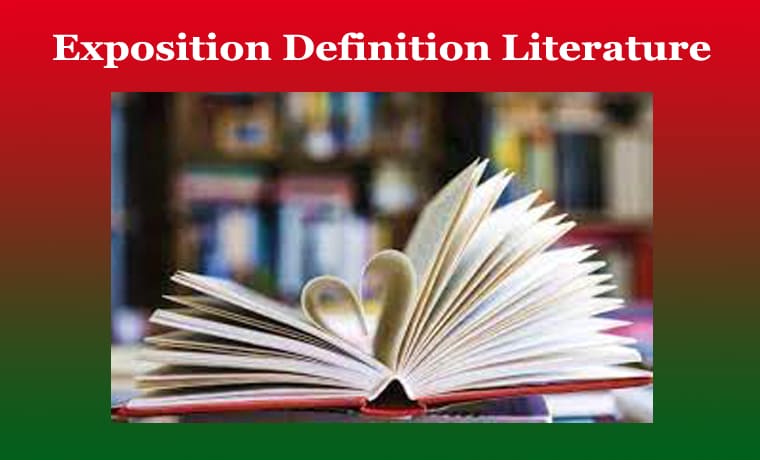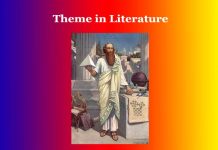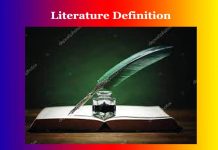Exposition Definition Literature
Exposition Definition Literature
Exposition Definition Literature
Introduction:
In literature, the exposition serves as a crucial narrative device, laying the foundation for the unfolding story and providing essential background information to orient the reader. This literary element plays a pivotal role in establishing the setting, introducing characters, and presenting the initial circumstances that set the stage for the plot’s development.
Exposition Definition in Literature:
Exposition refers to the portion of a literary work, typically found at the beginning, where key details are revealed to establish the context and background of the story. This includes information about the setting, characters’ backgrounds, the story’s central conflict, and any relevant historical or cultural context. The exposition aims to provide readers with the necessary knowledge to comprehend the subsequent events and character motivations.
Key Aspects of Exposition:
Setting: Exposition introduces the time and place in which the story unfolds, establishing the environment and circumstances that influence the characters and events.
Characters: It introduces the main characters, providing insights into their personalities, relationships, and motivations. This initial characterization sets the stage for character development throughout the narrative. Exposition Definition Literature
Conflict: The exposition often introduces the central conflict or challenges that characters will face. This conflict serves as a driving force for the plot’s progression.
Context: Relevant historical, cultural, or societal context may be provided to help readers understand the broader framework within which the story takes place.
Examples of Exposition:
1. In Shakespeare’s “Romeo and Juliet,” the opening scenes establish the feud between the Montague and Capulet families, setting the stage for the tragic events that follow.
2. J.K. Rowling’s “Harry Potter and the Sorcerer’s Stone” provides exposition by introducing the Dursley family and establishing the magical world hidden from Harry Potter.
3. George Orwell’s “1984” opens with an exposition that describes the oppressive political climate and surveillance state, providing the backdrop for the dystopian narrative.
In summary, exposition in literature is a narrative tool that serves to orient readers by providing essential background information, setting the stage for the unfolding story, and establishing the context within which characters navigate their journeys. 0 0 0.
Exposition Definition Literature
Some More Queries for Ready Reference:
- Prose in Literature
- Foreshadowing Definition Literature
- Literature Review Outline
- Literature Review Sample
- Mood in Literature
- Pathos Definition Literature
- How to Write a Literature Review
- How to Read Literature Like a Professor
- Theme Definition Literature
- Adult Content in Literature
- Erotic Literature
- Theme in Literature
- Literature Definition
- Logos Definition Literature
- Doki Doki Literature Club Characters
- Yuri Doki Doki Literature Club
- What are 2 Main Genres of Literature?
- What are the 4 Major Parts of Literature?
- What are the 2 major Types of Literature?
- What are the 3 Types of Literature?
- What is 5 definitions of literature?
- What is Literature in 150 Words
- What is a Literary Short Answer?
- What is the definition of literature?











